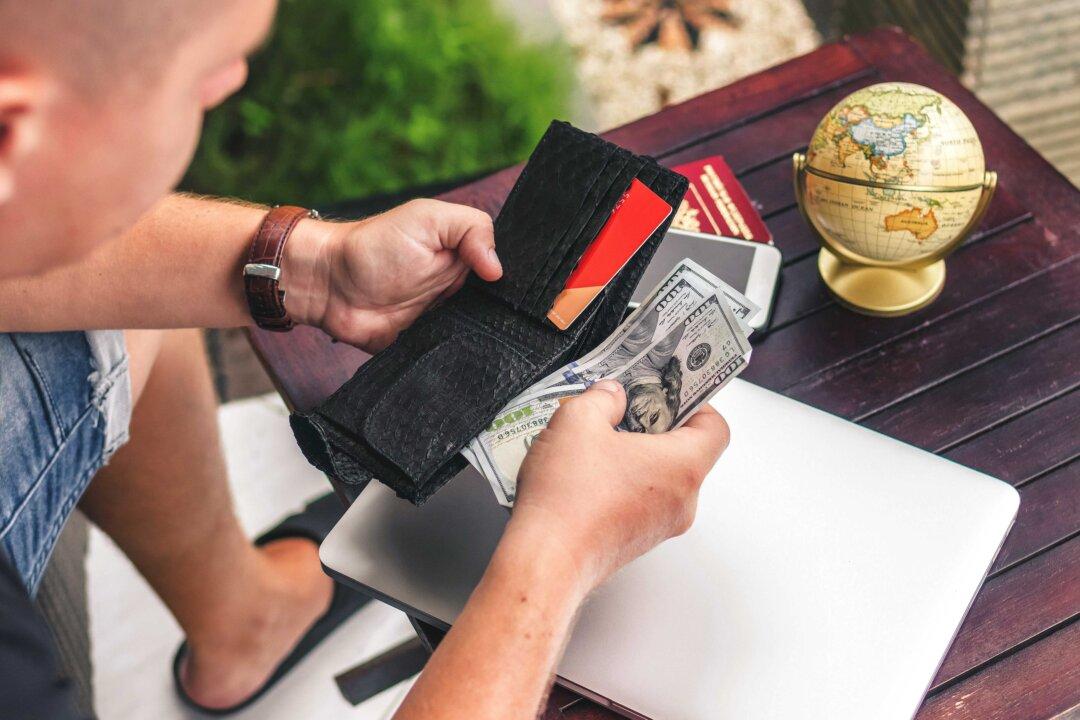Dear Carrie: I know I need an emergency fund, but with all the disasters happening these days, what should I have ready in terms of my finances if I have to pick up and leave in a hurry?—A Reader
Dear Reader: Between the pandemic, hurricanes, wildfires, and floods, these days you need to be as ready as possible for the unexpected. Being 100 percent prepared for every potential type of catastrophe is impossible, but there are definitely things you can do now to mitigate your stress and harm in the time of crisis. From packing an emergency bag with basic physical necessities to planning an escape route, being prepared in advance is essential—and that includes preparing a “go bag” for your finances.





